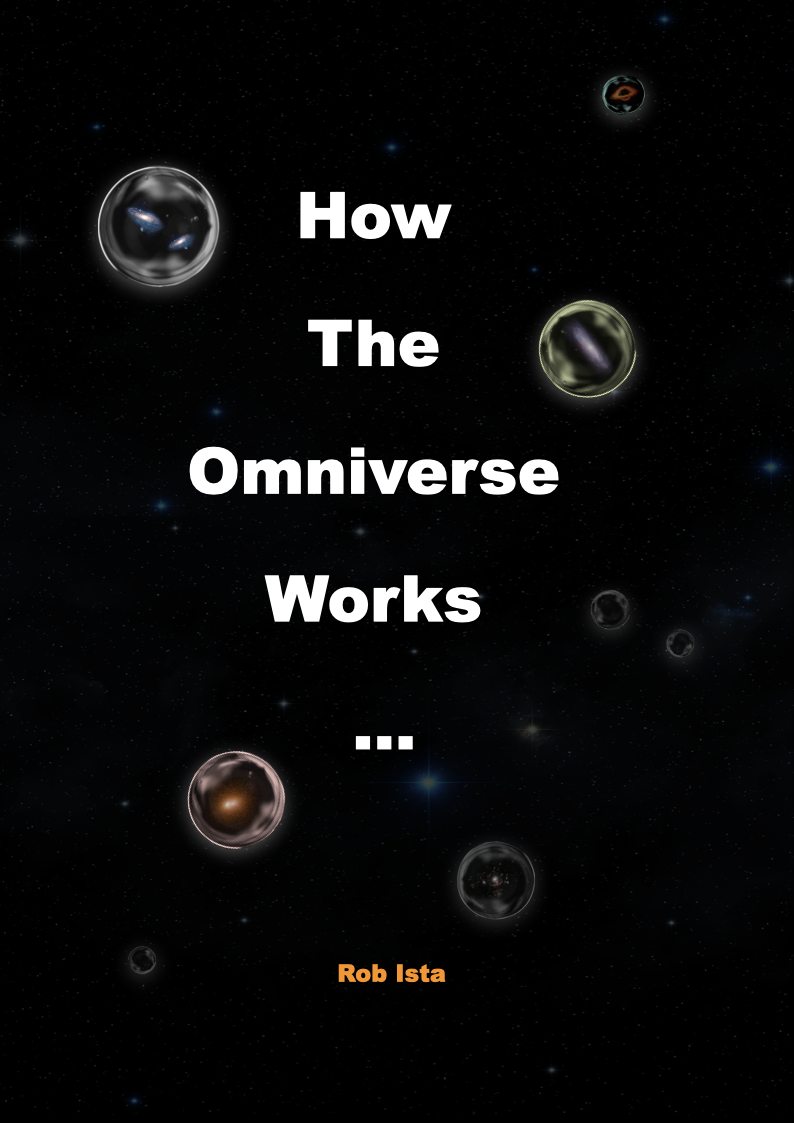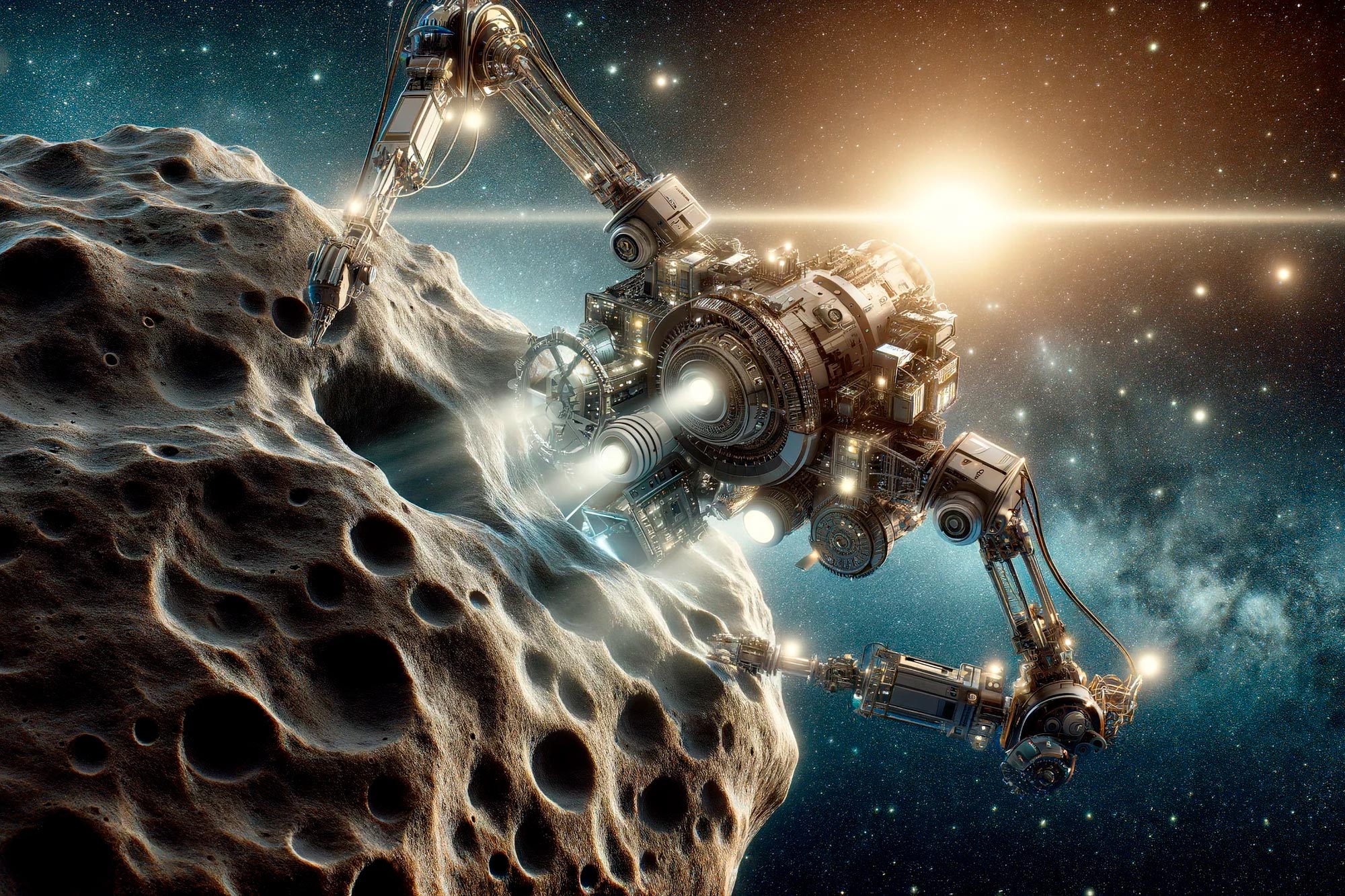
Hereby a first glimpse of my latest project. It's not finished yet but ready for a beta release.
A weekly online magazine. But updated hourly for stock prices, 8 times a day for news, 2 times for company analysis, daily for opinions, weekly for stories. The site is still mostly in English but a lot of articles are in Dutch and Spanish as well.
So that’s the advantage for online versus print but hey, what’s new?
Well, not much. It’s a team of about 20 writers, each one with their own background, opinion, style and habits. Directed, redacted and supervised by Bob Huddle (me :). Only this time my team members are not human. They are robots. Enjoy ! :)
 The political landscape that emerged in 2016-2017 now seems like a preview of what was to come. When Trump first entered the spotlight, his peculiarities – from his "tiny hands" to his Twitter tirades – were treated as comedy fodder. Today, after his presidency, a second defeat, and now his controversial return to power, these seem less amusing and more symptomatic of the broader political deterioration we've witnessed.
The political landscape that emerged in 2016-2017 now seems like a preview of what was to come. When Trump first entered the spotlight, his peculiarities – from his "tiny hands" to his Twitter tirades – were treated as comedy fodder. Today, after his presidency, a second defeat, and now his controversial return to power, these seem less amusing and more symptomatic of the broader political deterioration we've witnessed.
What started as a ripple in 2017 has become a wave. The "Trumpettes," as we called the European populist leaders who emulated his style, weren't just cover artists – they became headliners in their own right. Geert Wilders, once dismissed as a Dutch Trump impersonator with his anti-immigration rhetoric and inflammatory tweets, now leads the Netherlands' government. His victory in 2023 marked a seismic shift in Dutch politics, proving that what seemed implausible in 2017 had become reality by 2024.
Marine Le Pen in France, though unsuccessful in her previous presidential bids, has maintained a stronghold on French right-wing politics, with her party gaining unprecedented local power. The AfD in Germany, which seemed marginalized in 2017 when Frank-Walter Steinmeier was elected president, has since grown from a fringe movement to a major political force, sending shockwaves through German democracy. Steinmeier's re-election in 2022 with 78% of the vote seemed like a bulwark against populism, but the AfD's recent surge suggests Germany isn't immune to these trends.
Brexit, which was still in its infancy in 2017, has played out like a cautionary tale that nobody heeded. Boris Johnson and Nigel Farage's "bragging and humiliation" strategy proved devastatingly effective, leading to years of economic uncertainty and political upheaval in the UK. Scotland's renewed push for independence and Northern Ireland's complex position post-Brexit have only underscored the prescience of those early concerns about British unity.
 The "Trump playbook" – personal attacks over policy, social media warfare, claims of fake news, and the demonization of immigrants – has become a global political template. What we once saw as uniquely American political theater has become a worldwide phenomenon. The tactics that seemed shocking in 2017 – attacking opponents' families (like the "Penelope-gate" scandal that damaged François Fillon in France), crying fraud before elections even occur, and undermining democratic institutions – are now standard political strategies.
The "Trump playbook" – personal attacks over policy, social media warfare, claims of fake news, and the demonization of immigrants – has become a global political template. What we once saw as uniquely American political theater has become a worldwide phenomenon. The tactics that seemed shocking in 2017 – attacking opponents' families (like the "Penelope-gate" scandal that damaged François Fillon in France), crying fraud before elections even occur, and undermining democratic institutions – are now standard political strategies.
Trump's return to power in 2024, after Biden's presidency failed to heal America's divisions, has emboldened populist movements worldwide. The "torches and pitchforks" we metaphorically feared in 2017 have manifested in various forms, from the January 6th insurrection to growing political violence and democratic backsliding globally.
Looking back, our 2017 hope that Trump's chaotic first term would serve as a cautionary tale proved naïve. Instead of being deterred by the American example, populist movements worldwide have been inspired by it. These "cover bands," as we dismissively called them, have learned to play their own tunes, each adapted to their local audience but following the same destructive melody.
The question now, in 2025, isn't whether democracy can survive populism – it's how democracy can be reimagined to withstand it. The music of democracy, it seems, needs new composers.
 I have always been deeply fascinated by the phenomena of our universe. Solar and star systems, the Big Bang, black holes, dark energy and matter and especially the theories surrounding quantum fields and relativity intrigued me endlessly.
I have always been deeply fascinated by the phenomena of our universe. Solar and star systems, the Big Bang, black holes, dark energy and matter and especially the theories surrounding quantum fields and relativity intrigued me endlessly.
This fascination brought forth questions that constantly occupied my mind, such as: "What existed before the universe and what comes after?" "Why can’t we properly relate gravity to the other three fundamental forces?" "Why do we know so little about dark matter?" "Will we discover more elementary particles after the Higgs?" "What is spacetime and what happens if it ceases to exist?" — and many more.
These questions are no different from those that have puzzled renowned scientists for decades. Yet, after reading something by Penrose and with a nod to the inspiring TV-series "How the Universe Works", I felt that even his perspective did not present a fully holistic view. Something was still missing, leaving all the above questions unanswered.
I became ambitious. I wanted solutions and extensions of existing theories and although speculative and divergent from the mainstream consensus, still rooted in physics.
To explain the concept of the Omniverse, I propose the existence of a new fundamental and (fermionic) quantum field: the O-field. Unlike the quantum fields we know from modern physics, which exist only within the framework of spacetime, the O-field is more fundamental and omniversal. It exists everywhere — even in regions where spacetime itself does not. Key to its role is the generation of energy through differences in entropy within the field, a process that gives rise to what we perceive as dark energy.
Want to read the full story? Get it here: How The Omniverse Works as PDF or as EPUB here.
Enjoy!
Update: The first version calls the proposed O-particle an O-Quark. While this is an appealing term to most readers, it is misleading to physicists. By definition, a quark has color charge. The O-particle does not. So in the latest version of this booklet, the name of the particle has been changed to O-Fermion. A 1-minute scan and replace, but still it was a mistake. My bad.

The popular narrative around space exploration often focuses on establishing colonies on Mars and the Moon, with figures like Elon Musk promoting these destinations as humanity's backup plan. However, a closer examination reveals that this approach may be misguided, both in its premises and its priorities. Instead, focusing on asteroid mining could offer greater benefits with lower costs and technical barriers.
The argument for Mars colonization often rests on the idea of preserving humanity in case of an Earth-based catastrophe. Yet this reasoning faces several critical flaws. First, even a catastrophically damaged Earth would likely remain more habitable than Mars, with its toxic atmosphere, harsh radiation, and minimal gravity. Second, humanity itself is rapidly evolving through genetic engineering and technological integration, making the concept of "preserving mankind as it is" increasingly obsolete. The massive resources required for Mars colonization might be better invested in protecting Earth's environment and advancing sustainable technologies.
By contrast, asteroid mining presents a more practical and economically viable path forward. Near-Earth asteroids offer abundant resources that are often more accessible than their planetary counterparts. While planets and large moons have concentrated their heavy metals in unreachable cores through gravitational differentiation, asteroids often contain valuable materials distributed throughout their smaller bodies. For instance, the asteroid 16 Psyche is estimated to contain vast quantities of iron, nickel, and precious metals in an accessible form, while 1986 DA potentially holds thousands of tons of platinum group metals.
The technical challenges of asteroid mining, while significant, are actually less daunting than those of planetary colonization. Operating in zero gravity eliminates the need for expensive launch and landing infrastructure required on Mars or the Moon. The lack of atmospheric interference and lower gravity wells makes resource extraction and transport more energy-efficient. Additionally, the development path to asteroid mining can be more incremental, with smaller-scale missions building experience and capability over time.
Many technologies needed for asteroid mining could be developed through orbital research stations and targeted missions, without the enormous overhead of maintaining planetary colonies. While some technological overlap exists in areas like life support systems and radiation protection, these could be developed more efficiently through focused research rather than as byproducts of planetary colonization programs.
The economic potential of asteroid mining also far exceeds that of planetary colonies. While Mars colonies would require constant resource input for marginal returns, successful asteroid mining operations could provide rare earth elements, precious metals, and industrial materials at scales that could transform Earth's economy and enable further space development.
This doesn't mean we should abandon Mars exploration entirely, but rather that we should prioritize our investments in space development based on practical returns rather than romantic notions of planetary colonization. The path to becoming a spacefaring civilization might be better served by focusing on developing our capabilities to access and utilize space resources efficiently, rather than rushing to establish colonies on hostile planetary surfaces.
The future of space development lies not in recreating Earth's environment on other worlds, but in adapting our approach to take advantage of the unique opportunities space offers. Asteroid mining represents a more pragmatic and potentially more rewarding next step in humanity's space journey.
(Credit picture SciTechDaily)
A Changing World Population
Significant shifts are already evident. Not too long ago, children in the Netherlands were seen as economic assets, pension guarantees, or even religious absolutions. In other parts of the world, this is still the case. The average number of children per family in the Netherlands has dropped from 4.5 in 1900 to just 1.6 today. This decline is the main driver of population aging. Japan, with an even lower birth rate of 1.3 children per family, shows where this can lead. If trends continue, Japan’s population—already shaped by much lower immigration than Europe—will drop from 125 million today to just over 90 million by 2050. By then, there will be one working-age Japanese person for every retiree or child. Projections suggest the population could shrink to 64 million by 2100 or shortly thereafter—half of today’s level.
It’s plausible that the rest of the world will follow this trend, with similar consequences. However, the varying speeds of demographic change across regions will cause significant shifts—almost resembling mass migrations. By 2060, an estimated 35% of the Dutch population will be of non-Dutch origin, up from 25% today. This shift is inevitable and doesn’t need to be feared—it’s simply a result of global development. A diverse society offers many advantages, provided we invest in its success rather than hinder its progress.
Disruption on a Societal Scale
The developments described above will profoundly disrupt society. Current demographic models, political debates, and TV discussions already struggle to provide meaningful insights. They often base their projections on incorrect short-term population figures, focusing on just one generation. Whether this disruption ultimately benefits or harms humanity depends on perspective. The human species as we know it will cease to exist—biologically and technologically, we are rapidly evolving—and so will projections based on today’s humanity.
Politicians often speak of “preparing the Earth for future generations,” but these are hollow phrases. Medical and technological advancements will transform humanity within a single generation. The generations that follow will be unrecognizable by today’s standards and may need to be understood in cycles spanning centuries rather than 15 to 25 years. The real question is which segments of humanity—on both national and global scales—will adapt first, and whether the rest will be pulled along or left behind.
Rethinking Work and Income
Work and income, as we know them, are economic constructs that will need to be reimagined. They may even cease to exist altogether. Discussions and experiments surrounding a universal basic income frequently resurface, reflecting this potential shift. Once we complete the energy transition and learn to heat and power our homes almost for free using solar, wind, and water energy supplemented by clean nuclear power, enormous financial resources will be freed up—resources that are currently almost literally being burned. These funds could either be saved or reinvested in innovation, especially to protect our own economic interests. A fully automated circular economy may eventually leave room only for services related to care and entertainment.
Of course, policymakers argue that such changes can’t happen all at once. They’re too costly and too mentally challenging for people to process quickly. While this is true, a faster pace wouldn’t hurt. The Dutch and global political landscapes currently resemble a store selling car wheels—each unique, yet all round with a rim and tire. But when fitted to a car, they don’t align properly and don’t provide a smooth ride.
A Vision for the Future
It is shocking that the Netherlands has no population target for its future. We set ambitious CO2 reduction goals for 2050, yet no objectives for the primary driver of emissions: the number of people living here. As a result, the government chases fluctuating statistics and extrapolations year after year. This leads to inconsistent housing policies—one year we’ve “built enough,” and the next we suddenly need 1.5 million more homes. As a society, we avoid confronting the true vision of the future, as it’s seen as too grim, too uncertain, and too unpopular to discuss. Scientists are left to speculate, and everyone else then forms an opinion about their findings.
Ultimately, the question isn’t whether we should prioritize or hinder any specific age or population group. It’s about defining how humanity wishes to exist on this planet, what privileges we grant ourselves, and which consequences we’re willing to accept—for ourselves and others, both locally and globally, in the present and the future. This is the crux of the debates on television and at the ballot box. These discussions will determine how historians judge the behavior of Generations X, Y (Millennials), and Z (Zoomers), who currently dominate the political and corporate spheres. Together, they will decide whether there is a valuable world left after 2050.
Unfortunately, media portray a less-than-hopeful image. Indifferent, anti-scientific, and self-centered populists incite hyper-nationalistic behavior in their electorates. On the other side, scientists and entrepreneurs stay narrowly focused on their fields, unwilling to see or address the larger impending changes. In the middle, we find Dutch celebrities—experts in their fields of art, science, literature, or business—offering opinions on everything else. Entertaining, perhaps, but rarely grounded in substance.
Generation Alpha: A New Beginning?
The generational alphabet has run out of letters. We’ve started over with Generation Alpha. Let’s hope they initiate a new kind of Genesis by 2050. Perhaps we should skip a few letters and call them Generation G—Generation Genesis. After all, they will likely live for over a century.
Sources:
(1) https://www.cbs.nl/nl-nl/nieuws/2020/51/prognose-bevolking-blijft-komende-50-jaar-groeien
(2) https://www.nibud.nl/consumenten/wat-kost-uw-kind/
(3) https://nl.wikipedia.org/wiki/Telomeer
(4) https://en.wikipedia.org/wiki/The_Singularity_Is_Near
(5) https://www.cbs.nl/nl-nl/achtergrond/2018/51/prognose-bevolking-naar-migratieachtergrond
(6) https://www.ewmagazine.nl/nederland/achtergrond/2020/05/geen-tijd-om-kinderen-te-krijgen-over-corona-en-de-bevolkingsgroei-757038/
(7) https://www.statnews.com/2020/02/21/human-reproductive-cloning-curious-incident-of-the-dog-in-the-night-time/
(8) https://www.volksgezondheidenzorg.info/ranglijst/ranglijst-doodsoorzaken-op-basis-van-sterfte
(9) https://www.cbs.nl/nl-nl/visualisaties/dashboard-bevolking/bevolkingsgroei/geboren-kinderen
(10) https://www.uchiyama.nl/ngjapankortdemogr.htm